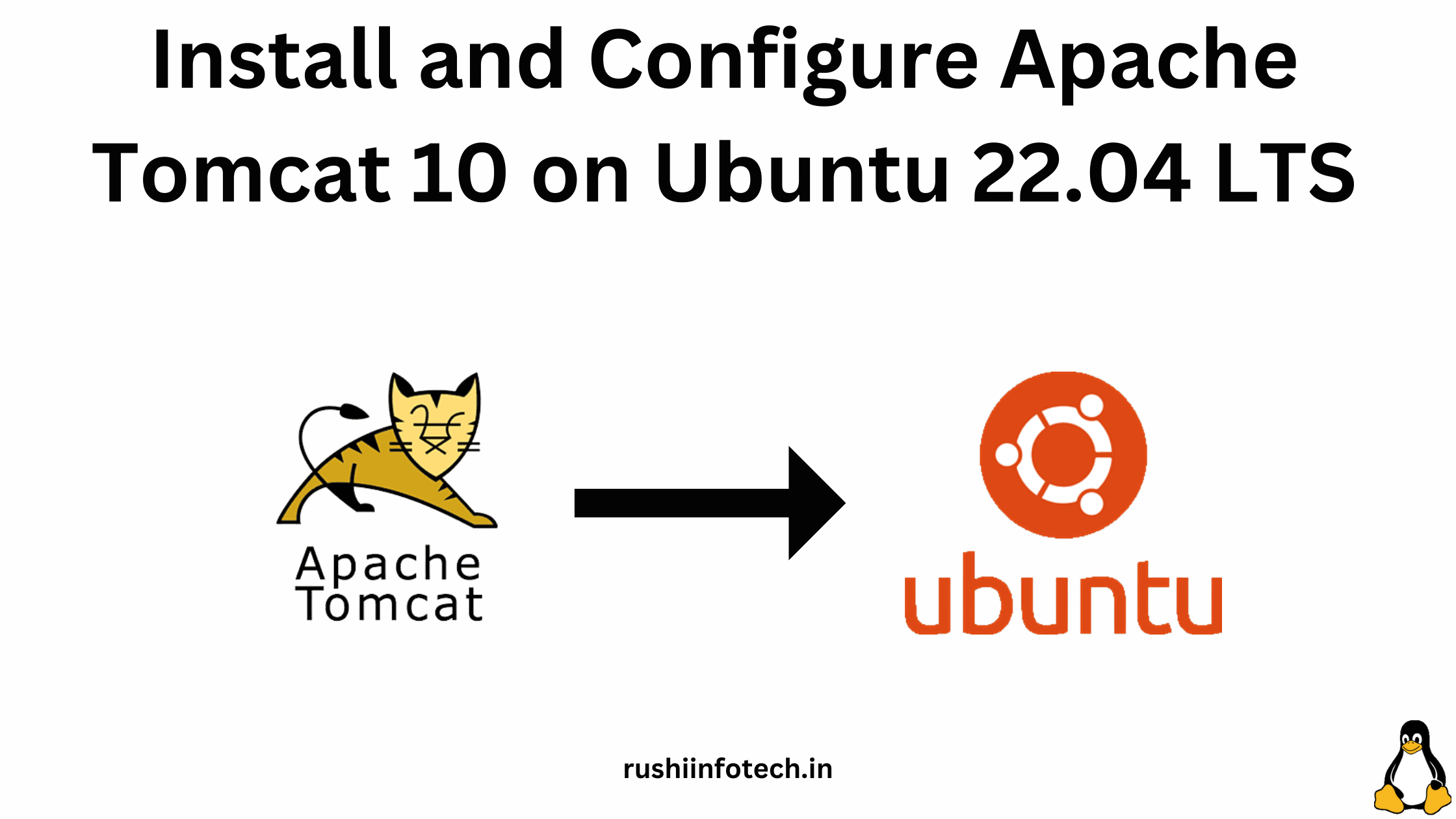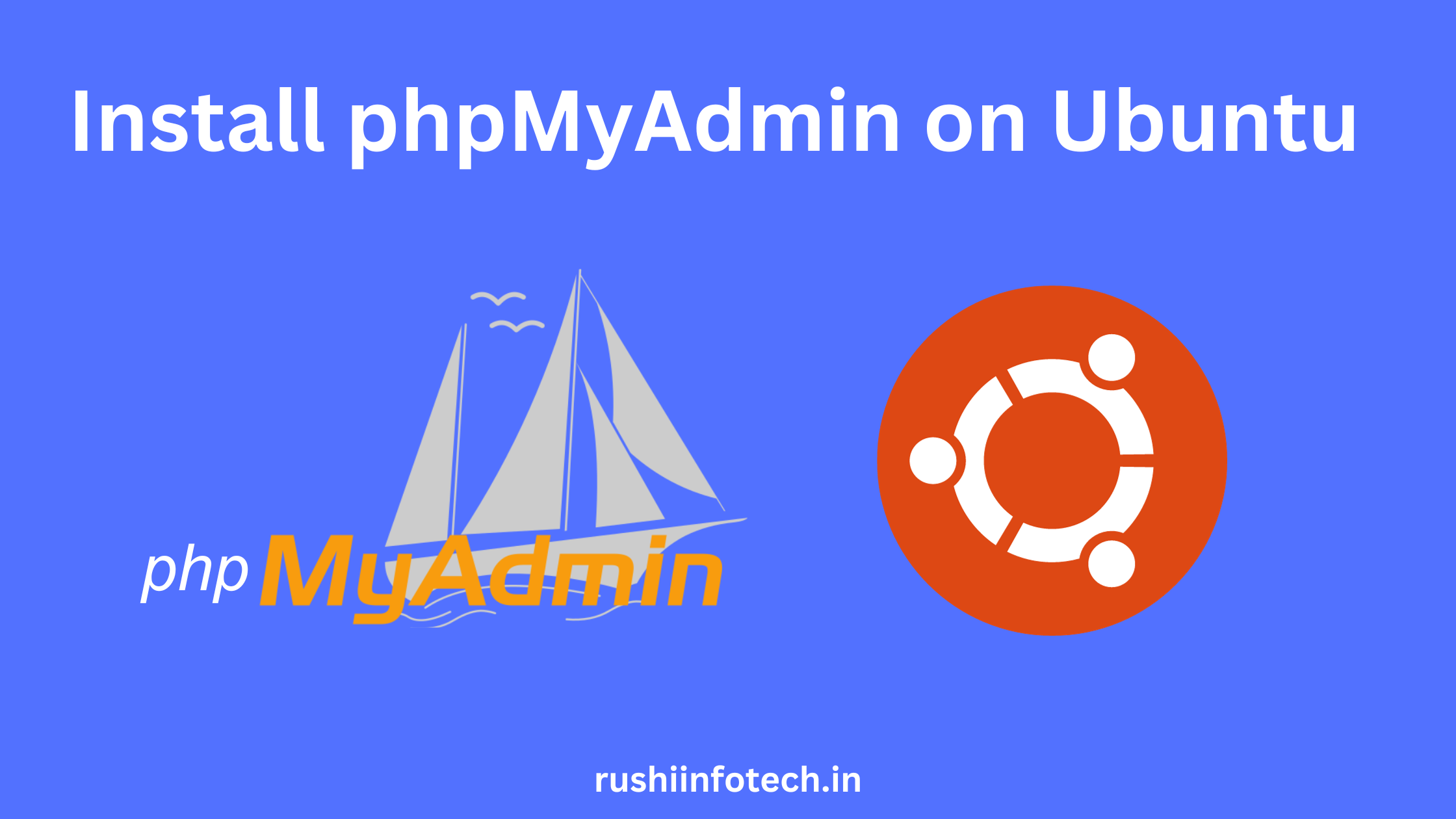Similar Posts
![Java 18 Installation on Ubuntu 22.04 LTS [5 Steps]](data:image/svg+xml;base64,PHN2ZyB4bWxucz0iaHR0cDovL3d3dy53My5vcmcvMjAwMC9zdmciIHdpZHRoPSIyMjQwIiBoZWlnaHQ9IjEyNjAiIHZpZXdCb3g9IjAgMCAyMjQwIDEyNjAiPjxyZWN0IHdpZHRoPSIxMDAlIiBoZWlnaHQ9IjEwMCUiIHN0eWxlPSJmaWxsOiNjZmQ0ZGI7ZmlsbC1vcGFjaXR5OiAwLjE7Ii8+PC9zdmc+)
Java 18 Installation on Ubuntu 22.04 LTS [5 Steps]
You need to be logged in to view this content. Please Log In. Not a…
Essential Linux Commands: A Comprehensive Guide
You need to be logged in to view this content. Please Log In. Not a…

The Ultimate Reference for “Managing User” in Linux.
You need to be logged in to view this content. Please Log In. Not a…

Install and Configure Apache Tomcat 10 Server on Ubuntu 22.04 LTS
You need to be logged in to view this content. Please Log In. Not a…

How to Install phpMyAdmin on Ubuntu 20.04/22.04 LTS?
You need to be logged in to view this content. Please Log In. Not a…
Create a Simple RollDice Java Application with Maven on Ubuntu 24.04 LTS
You need to be logged in to view this content. Please Log In. Not a…

![Java 18 Installation on Ubuntu 22.04 LTS [5 Steps]](https://rushiinfotech.in/wp-content/uploads/2023/09/Java-18-Installation-on-Ubuntu-22.04-LTS.png)


